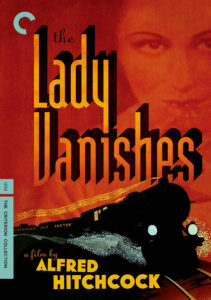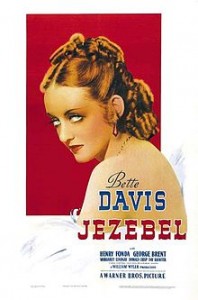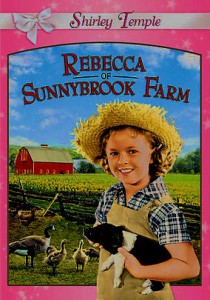The Lady Vanishes-1938
Director Alfred Hitchcock
Starring Margaret Lockwood, Michael Redgrave, Dame May Whitty
Scott’s Review #1,303
Reviewed September 30, 2022
Grade: A-
The Lady Vanishes (1938) is a film directed by Alfred Hitchcock that I’m embarrassed to admit I’ve only seen once. Nonetheless, it resonated well with me after that sole viewing, and its influence is palpable.
It’s a film made when Hitchcock was still making films in his native Britain before he took over Hollywood during the 1950s and 1960s. You may wonder why a dusty old film made in the 1930s and not a household name is essential, but The Lady Vanishes is.
If the film had not been made and, more importantly, not been a box-office success, films like Vertigo (1958), Psycho (1960), and The Birds (1963) might never have been made.
The Lady Vanishes followed three relatively unsuccessful efforts by Hitchcock, whose success assured his new film career in America was a go.
The film is not as brilliant as the others, but pretty close. It serves as a blueprint for future Hitchcock films.
The train sequences alone conjure thoughts of Strangers on a Train (1951) and North by Northwest (1959), while the romance between the lead actors would become a staple of Hitchcock films.
Finally, the subdued but noticeable inclusion of gay characters is forever a good debate among cinema lovers, especially Hitchcock fans, as to whether it is or isn’t showcased.
So, The Lady Vanishes is to be celebrated for its influence, but it also stands up well on its own.
A dangerous avalanche delays a group of travelers on a train to England. Forced into a hotel in the lush European country, beautiful young Iris Henderson (Margaret Lockwood) befriends an older woman named Miss Froy (Dame May Whitty).
When the train resumes travel, Iris is unconscious after being hit by a potted plant and wakes to find the older woman has mysteriously disappeared. The other passengers vehemently deny that Miss Froy ever existed, causing Iris to wonder if she has lost her marbles.
Iris determinedly begins investigating the matter with the help of another traveler, Gilbert (Michael Redgrave). The pair searches the train for clues and naturally falls in love.
They uncover a mystery, political intrigue, and peculiar characters with secrets to keep hidden.
Lockwood and Redgrave have fantastic chemistry. It’s no secret that Hitchcock intends to bring them together even though Iris is to marry when she returns home. Lockwood and Redgrave are easy on the eyes, which helps make them believable.
The pacing of The Lady Vanishes is perfect, but nowhere as astounding as the sequence of events in North by Northwest, which is the film it most resembles. That’s why the rough-cut analogy springs to mind—the film is a perfect warm-up act for the 1959 masterpiece.
From an LGBTQ+ perspective, my money is on the characters of Charters and Caldicott. Ferocious cricket enthusiasts whose only initial concern is returning to England to see the last days of a Test match. The ‘friends’ proved so popular with audiences that they returned to the film Night Train to Munich 1940, also starring Lockwood.
The revelations at the end of The Lady Vanishes surprise and satisfy, with political and espionage overtones. Frequently, in Hitchcock films, there is a McGuffin or someone who cares about the plot element.
The plot shouldn’t be overthought in the film, as the real fun is the trimmings that make the suspense so strong. The wit and snappy dialogue make the characters a pleasure to watch.
The Lady Vanishes (1938) is a terrific effort that provides strong character and stiff-upper-lip British humor. It is also the most fun to watch, highlighting the many elements that makeup Hitchcock’s masterpieces.


